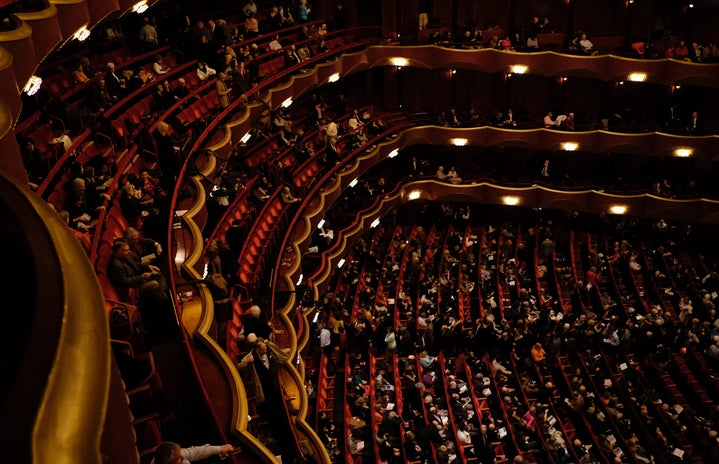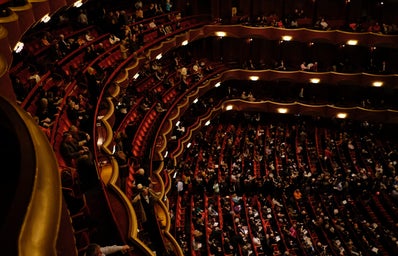At 18 years old, Rachel Zegler was on top of the world, stepping into the spotlight after being cast in her Hollywood debut as Maria in Steven Spielberg’s adaptation of West Side Story and earning herself a Golden Globe award for Best Actress. Her 2021 debut transformed her name from internet obscurity to international acclaim. Two years later, at the premiere of her latest work Shazam! Fury of the Gods, Zegler truthfully told The Hollywood Reporter she took on the role of Anthea because she “needed a job” alluding to the struggles of working in the entertainment industry during the pandemic. She explained further, “I was not working and couldn’t get a job for the life of me.” The response? Clipped videos and misleading soundbites of her interview surfaced online slamming Zegler for needing “media training” and “to go.” Yet, what the media missed just seconds after was her bashful clarification as being “really excited” to be cast and “absolutely adore[ing] this movie.”
What the media also tends to forget, is the contrasting reaction towards male actors. Mere months later, when Jacob Elordi was asked by IndieWire if he was looking for anything specific in his next role at the premier of Saltburn, he casually replied, “I just play what they give me. I need a job.” Yet, conversely to Zegler, the public swooned, praising him for “killin’ it out there” whilst being “so real,” “relatable,” and “passionate.” In an interview with GQ, the Euphoria “heartthrob” went so far as to shun his debut films, calling them “ridiculous.” Even Robert Pattinson was given a pass after he told E! that the creator of Twilight, Stephanie Meyers was “mad,” mocking the very movies that gave him his fame. He even struggled to justify to Vanity Fair why people would enjoy Twilight: “I think people really just like being part of a crowd,” was the best he could come up with. Somehow, when male actors converse with transparency it’s deemed authentic, insightful, even admirable; yet, when women partake, it’s greedy, ungrateful, and unappreciative. And this only exposes a darker social norm; the idea that a woman can never possess the social agency to critique the work of others, as if this power is something to be exclusively reserved for men.
Matters were only made worse when, after being casted as Snow White in the Disney live action remake, she shared her modern vision for Snow White with interviewers from the Disney D23 Expo telling them that, “it’s no longer 1937…She’s going to be dreaming about becoming the leader she knows she can be and that her late father told her that she could be.” Instead of being commended for her candour, however, her words were weaponised against her, accusing her of being “ungrateful” and “woke-washing” the film. The issue was the media’s misuse of feminism and equality to suppress a refreshing portrayal of a traditional Disney princess having social agency outside of romance. If social ideologies can’t accept nuanced portrayals of women in media and the notion that a female fictional character can simultaneously be in love and a leader, how can we expect our own society to do the same?
Opinions aside, Rachel Zegler is an example of many women’s experiences in Hollywood and their impossibility of existing on the same playing field as their male colleagues in the film industry. Although not always conscious of it, Hollywood has emerged as a universal platform that reveals the true beliefs of our society, especially the archaic idea that a woman’s ability to express personal empowerment somehow diminishes the value of romance. Yet, when we take the time to consider women’s treatment in Hollywood as compared to men, as well as inconsistent political narratives permeating our ideas of femininity, the difficulties that lie ahead in satisfying a culture entrenched in internalised misogyny are clear, but it is not impossible to begin unravelling a narrative that has stood the test of time and needs changing.


